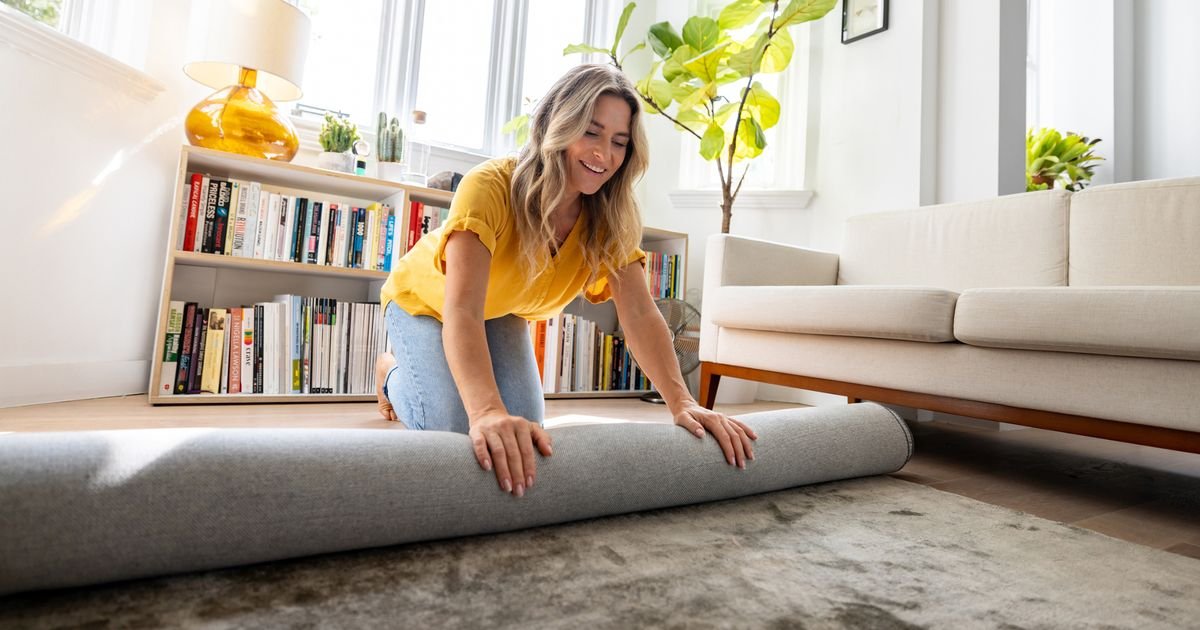From knowing how much deposit to save, to making the use of first-time buyer schemes, we speak to the Co-operative Bank to round up everything you need to know about getting a mortgage
Getting a mortgage and taking your first step on the property ladder can feel like a daunting task.
Interest rates have been hiked from 0.1% to 5.25% meaning you’re paying more in interest on your mortgage. House prices have shot up too, with the average home in the UK now costing £284,691, according to Land Registry data.
But there is help out there if you’re struggling to save, or you don’t know where to get started when it comes to mortgages. Warren Cain, Head of Mortgage Products at The Co-operative Bank, has shared five tips to help you on your journey.
They said: “If you’re planning to buy your first home, the very first step is to save up money for a deposit. Typically, you’ll need to save a minimum of 10% of the cost of the property you want to buy. There are government schemes available to help you do this, like the Lifetime ISA (LISA).
“You’ll also need to figure out how much you can afford to spend and create a budget. You can use tools like our mortgage calculator to see what property price you could afford or what your monthly mortgage repayment could be. Don’t forget to factor in extra costs too, like conveyancing and surveying fees.
“Finally, first time buyers especially could benefit from using a broker. They can help you find the best mortgage to suit your needs, and explain how the market works.”
Save up for a deposit
The very first step is to save up for a deposit. You typically need to save a minimum of 10% of the cost of the property you want to buy – so for example, if the place you’ve got your eye on costs £250,000, then you’d need to save £25,000 for the deposit.
It may be possible to get a mortgage with a 5% deposit but the rates you’ll be offered normally won’t be as good. As you’re borrowing more, you’ll also generally pay more overall in interest. As mortgage lenders tend to offer lower interest rates to people with bigger deposits, the more you can save, the better.
Know your budget
You need to know how much you can afford to spend, so you can narrow down your search and avoid falling in love with a home you can’t afford. It varies massively depending on which lender you go to, but the rough rule of thumb is you can generally borrow 4.5 times your salary.
This means if you’re on a salary of £35,000, you may be able to borrow up to £157,500. But there are other factors to consider when calculating your budget, like your income, general outgoings and debt. As a general guideline, you need to have less than 43% debt to income ratio – the percentage of your gross monthly income that is used to pay your monthly debt – to qualify for a mortgage.
Don’t forget extra buying costs
Do keep in mind you also need to have money put away for legal costs, any fees associated with your mortgage, conveyancing and potentially stamp duty as well. You won’t pay stamp duty as a first-time buyer on a property worth £425,000 or less.
You may also have to set aside money for things like minor renovations or new furniture. These costs can add up significantly, so it’s important to budget accordingly.
Make use of first-time buyer schemes
There are a range of Government schemes available to help you buy your first home. There is the Lifetime ISA (LISA) where you can deposit up to £4,000 each year, which the government will add to with a 25% bonus. That means up to an extra £1,000 a year.
There are some catches though – for example, the home you buy can’t cost more than £450,000. There is also the First Homes Scheme, where first-time buyers can purchase a home for 30% to 50% less than its market value. Again, there are things to be aware of – such as, when you sell the home, you have to sell it at the same discounted rate.
Or you may want to look into shared ownership, which is where you buy a share of a property – between 25% and 75% of the property value – and pay rent on the rest. Shared ownership isn’t limited to first-time buyers, but to be eligible, you need to have an individual income no greater than £80,000 a year or £90,000 a year in London.
Use a mortgage advisor
If you use a mortgage advisor, they can help assess your financial situation, figure out the most suitable option for you, and search for deals that match what you’re looking for. They’re particularly helpful for first time buyers, who may be less sure of how the market works.
Mortgage brokers typically charge commission of roughly 0.35% of the transaction, while some may also charge an additional fee on top of this. Make sure you’re aware of all upfront costs before you go ahead.




